
Already have Rappler+?
Sign in to listen to groundbreaking journalism.
This is AI generated summarization, which may have errors. For context, always refer to the full article.

All Filipinos will be granted health coverage but not everything will be free. Here's what you can expect.
MANILA, Philippines – Filipinos will begin benefiting from the Universal Health Care (UHC) Act this year, with every citizen entitled to health coverage that will lower out-of pocket health expenses.
The passage of the law was considered a landmark for the Duterte administration as lawmakers who championed the bill gathered in Malacañang for a special ceremony last February 20. It was there that President Rodrigo Duterte affixed his signature on the long-awaited law.
The passage of Republic Act No 11223 was no easy feat. It was hailed as path-breaking as it set the direction for the reform of the health care sector in the Philippines.
The World Health Organization earlier urged the Philippine government to make a “real investment” in health care, as it would save lives.
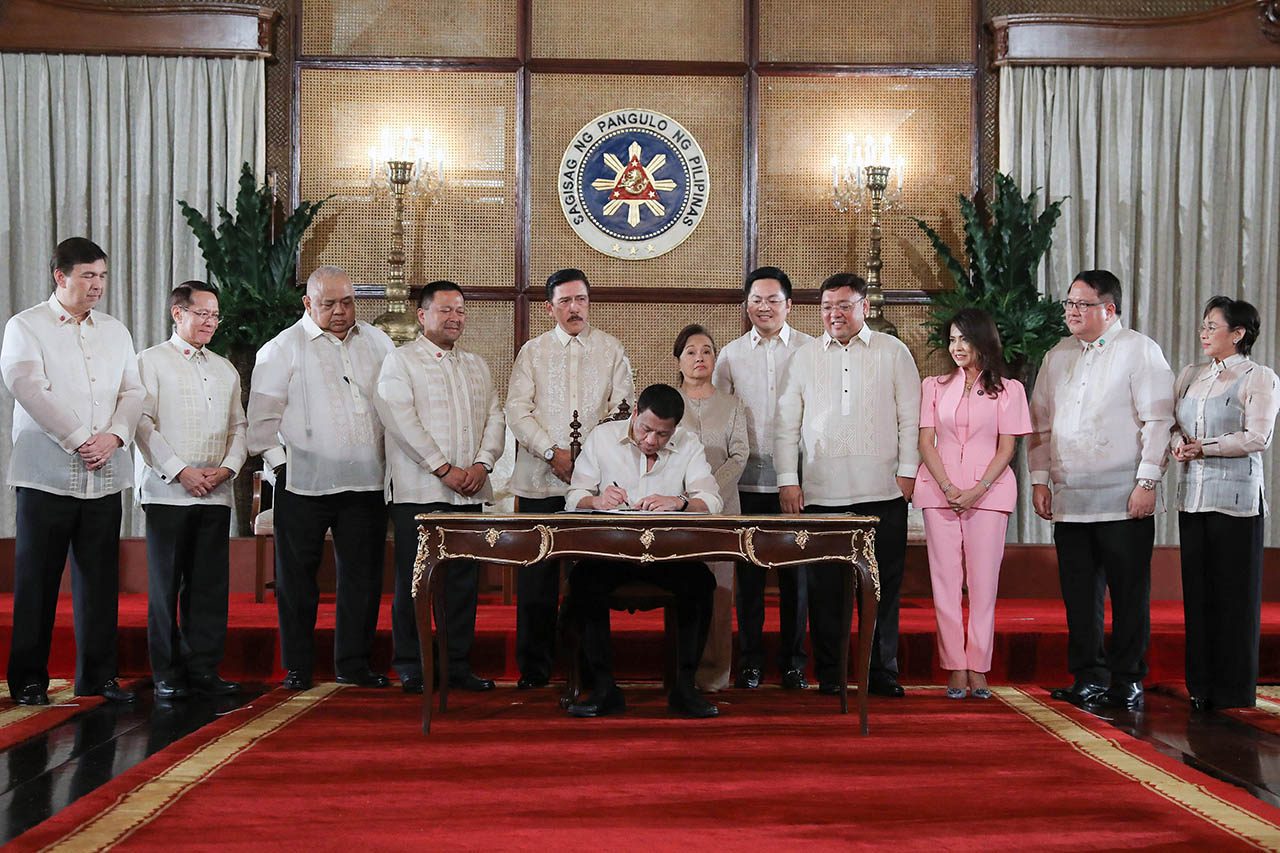
But ensuring universal health care for all Filipinos does not come cheap.
Health Secretary Francisco Duque III said some P254.8 billion has been allotted for the first year of implementation of the law. He earlier said some P257 billion was needed.
Now, the Department of Health (DOH), Philippine Health Insurance Corporation (PhilHealth), along with experts and concerned agencies are crafting the Implementing Rules and Regulations (IRR). They will have 180 days to complete the IRR, which will include details on how the law will be executed.
In the meantime, though, Filipinos can already expect to avail of some of the law’s benefits. Full effects of the law will be gradually felt over the years as the DOH and PhilHealth start transitioning to the universal health care system.
What might citizens be able to expect? Here are 8 things to know
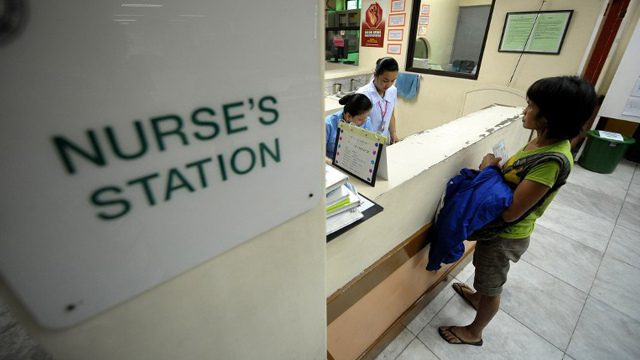
1. ALL Filipinos are covered
Every single Filipino citizen is automatically enrolled into the newly-created National Health Insurance Program (NHIP). The program classified membership into two types:
All Filipinos will be granted “immediate eligibility” and access to the full spectrum of health care which includes preventive, promotive, curative, rehabilitative, and palliative care. This can be expected for medical, dental, mental, and emergency health services.
Filipinos will also be enrolled with a primary health care provider of their choice. The primary care provider is the health worker they can go and seek treatment from for health concerns. They will also serve as the person in charge of referring and coordinating with other health centers if patients need further treatment.
Citizens will not need to present any PhilHealth ID to avail of these benefits. Meanwhile, poor Filipinos or those who are located in geographically isolated areas will also be given priority when ensuring access to health services.
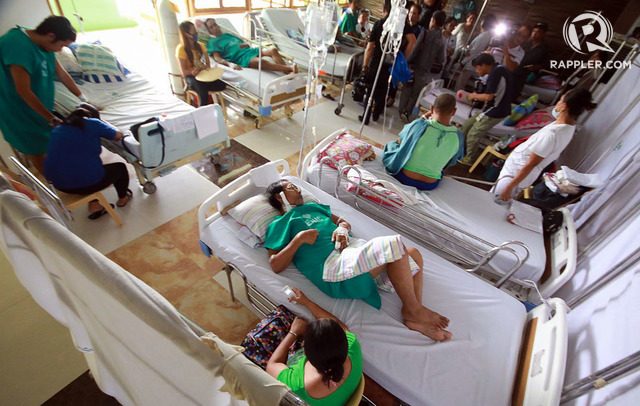
2. It is not completely free
Contrary to what some people may think, UHC does not mean every single health expense will be made free.
The law outlines that basic services accommodations will be covered by PhilHealth.
As a patient, that means that if you’re admitted in a hospital you can expect regular meals, a bed in a shared room with fan ventilation, and a shared toilet and bath to be covered.
All are also entitled to an “essential health benefit package,” which includes primary care, medicines, diagnostic, and laboratory tests. It also includes preventive, curative, and rehabilitative services.
It will no longer be free when one wants to stay in a hospital room offering private accommodation, air conditioning, telephone, television, and meal choices, among others.
Meanwhile, public and private hospitals are expected to allocate a certain portion of their beds as basic accommodations in the following amounts:
As long as a patient avails of these basic accommodations, it will be covered by PhilHealth whether in a public or private hospital.
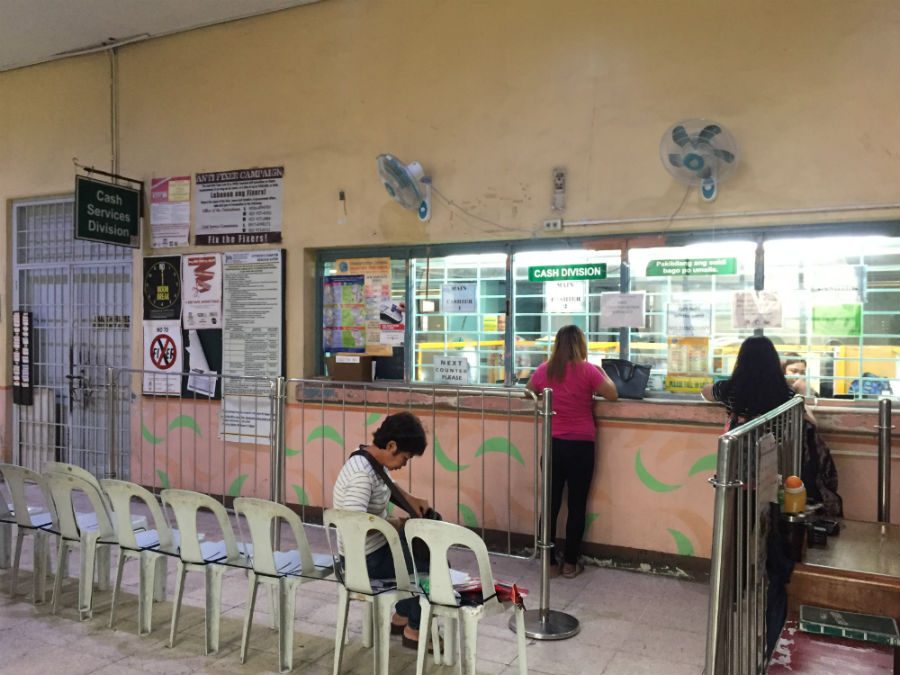
The law also states that if patients need to pay for extra expenses, their “co-payment” – or what is paid on top of basic services – should be regulated by the DOH in public hospitals. This means that you should know what to expect in terms of bills, as opposed to being shocked after treatment.
Aside from this, current case rates or packages PhilHealth has crafted for certain diseases will remain. But together with the DOH, PhilHealth is expected to work towards including more needs a person may have for a disease in its case rates.
The two agencies are also expected to craft and implement outpatient benefit services to be covered by the National Health Insurance Programs within 2 years after the law takes effect.
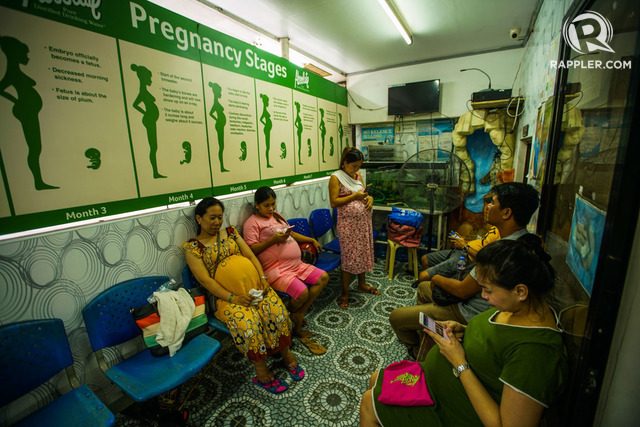
3. PhilHealth will become the “national purchaser” of health goods and services
This means that PhilHealth will be in charge of paying health care providers like hospitals and clinics for services given to Filipinos. This is already a job PhilHealth carries out but the universal health care law wants to pool more funds so it can cover all Filipinos and eventually, more services.
Allocating more funds to PhilHealth will also strengthen its negotiating power with health care providers, which will foreseeably improve the quality of services and lower health costs.
Funds for PhilHealth will be sourced from the following:
With multiple fund sources for PhilHealth, Filipinos will no longer need to troop to various government offices to secure funds to pay for health expenses. It will also make them less dependent on politicians to help pay for health services.
By giving PhilHealth more funds, a goal of the UHC is to make PhilHealth the national purchaser of medicines. This can lower the cost of medicines as these will be bought in bulk.
Another goals is to have quality of health services improve as PhilHealth can set as a requirement for payment and contracting, standards for health care providers.
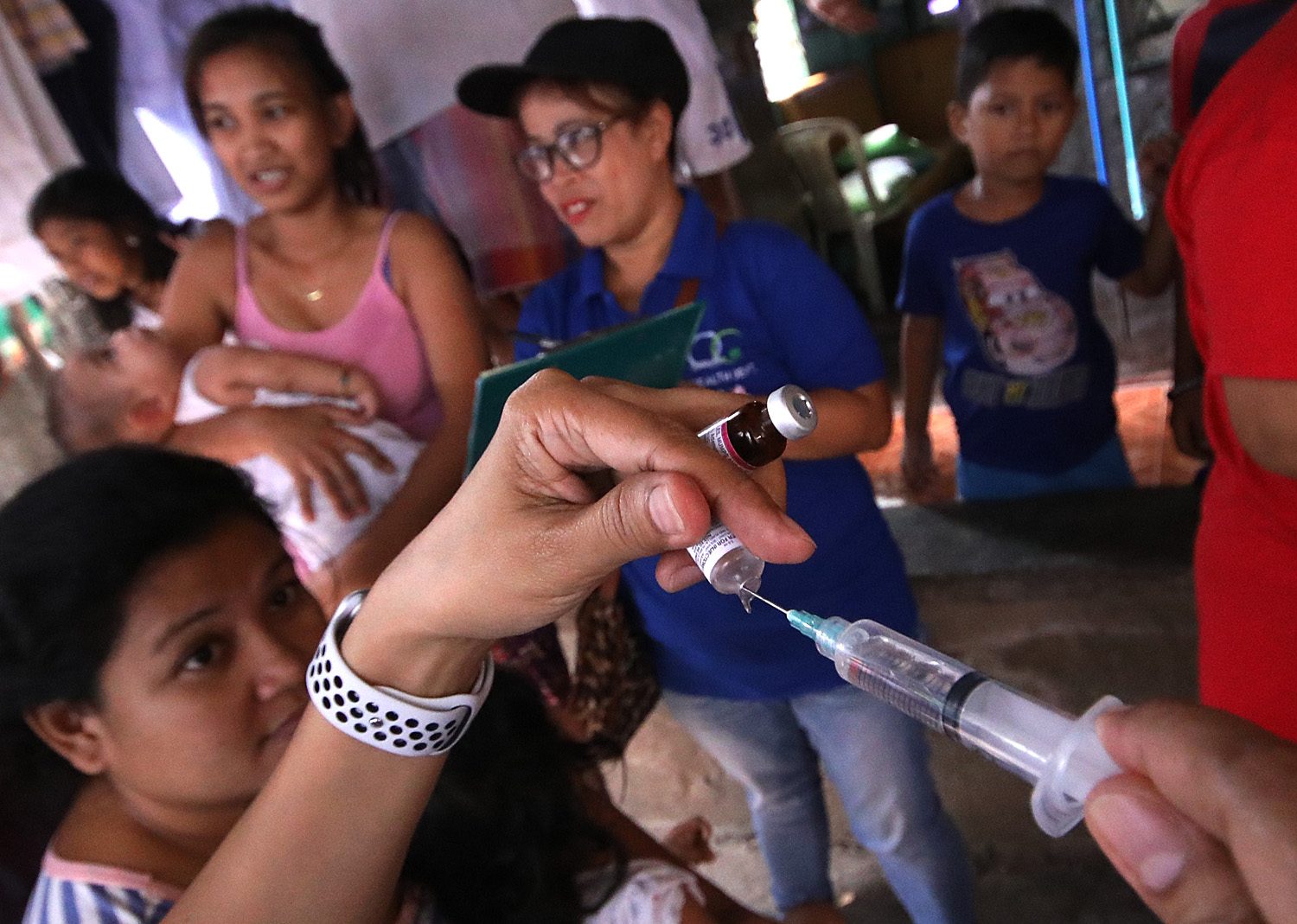
4. DOH will still be in charge of “population-based” health services
While PhilHealth, along with other private health insurance companies, is expected to cover services for individuals, the DOH is still in charge of delivering health services that cover entire populations.
Think of these as programs for disease surveillance, health promotion campaigns, and mass immunization campaigns.
The DOH will do this by contracting public health care providers in cities and provinces.
5. Health systems will become city-wide and province-wide
Provinces and highly urbanized cities will now be in charge of overseeing health services in areas as opposed to the current set-up where municipalities are tasked with managing their own health centers.
The DOH will need to work with the Department of the Interior and Local Government (DILG) to have province- and city-wide health systems or networks in about two years after the law takes affect.
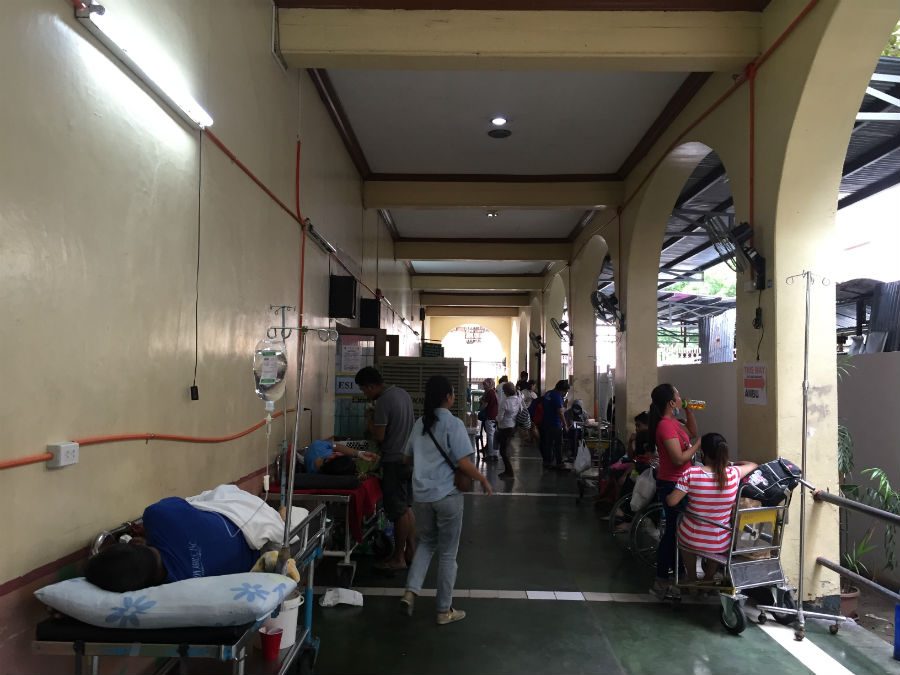
For this, one can imagine as an example, Rizal overseeing its province-wide health care network of clinics and hospitals compared to each municipality in Rizal taking care of its own health center alone. Similarly, highly urbanized cities like Cebu or Makati will oversee their own health care network compared to single barangays being in charge of a health center.
Having access to health networks province-wide can address the problem of inadequae access to health services due to lack of funds in barangays or municipalities.
Provincial and city health boards will be in charge of pooling and managing a special health fund to finance and improve health services for residents. PhilHealth’s income will also be channeled to this special health fund.
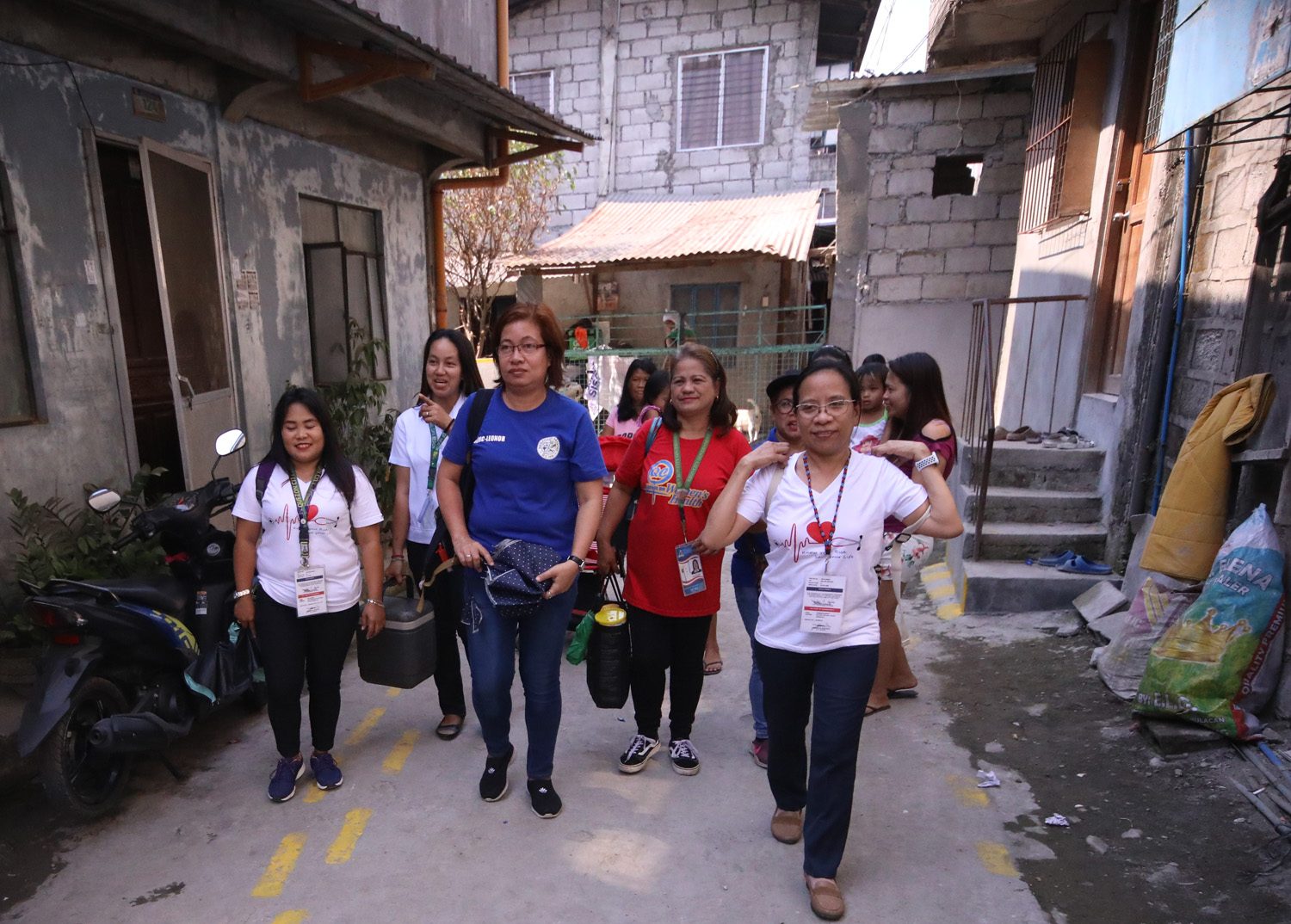
6. Return service in the public health sector
Graduates of health and health-related courses who received government-funded scholarships will be required to work in the public health sector for at least 3 full years. This will address the need for health workers across the country.
They will be paid by and under the supervision of the DOH. Those who serve for an extra two years will also be given incentives, which will be determined by the DOH.
Meanwhile, graduates of health courses in state universities and colleges and private schools are encouraged to work in the public sector.
7. A “Health Technology and Assessment Council” (HTAC) will be created
Another important feature of the law is the creation of the HTAC – a group of health experts who will be responsible for evaluating latest health developments and recommending their use to DOH and PhilHealth.
The HTAC will be responsible for assessing the safety and effectiveness of health technology, devices, medicines, vaccines, health procedures, and other health-related advances developed to solve health problems.
Reviewing the social, economic, and ethical issues when using these technologies or programs is also required.
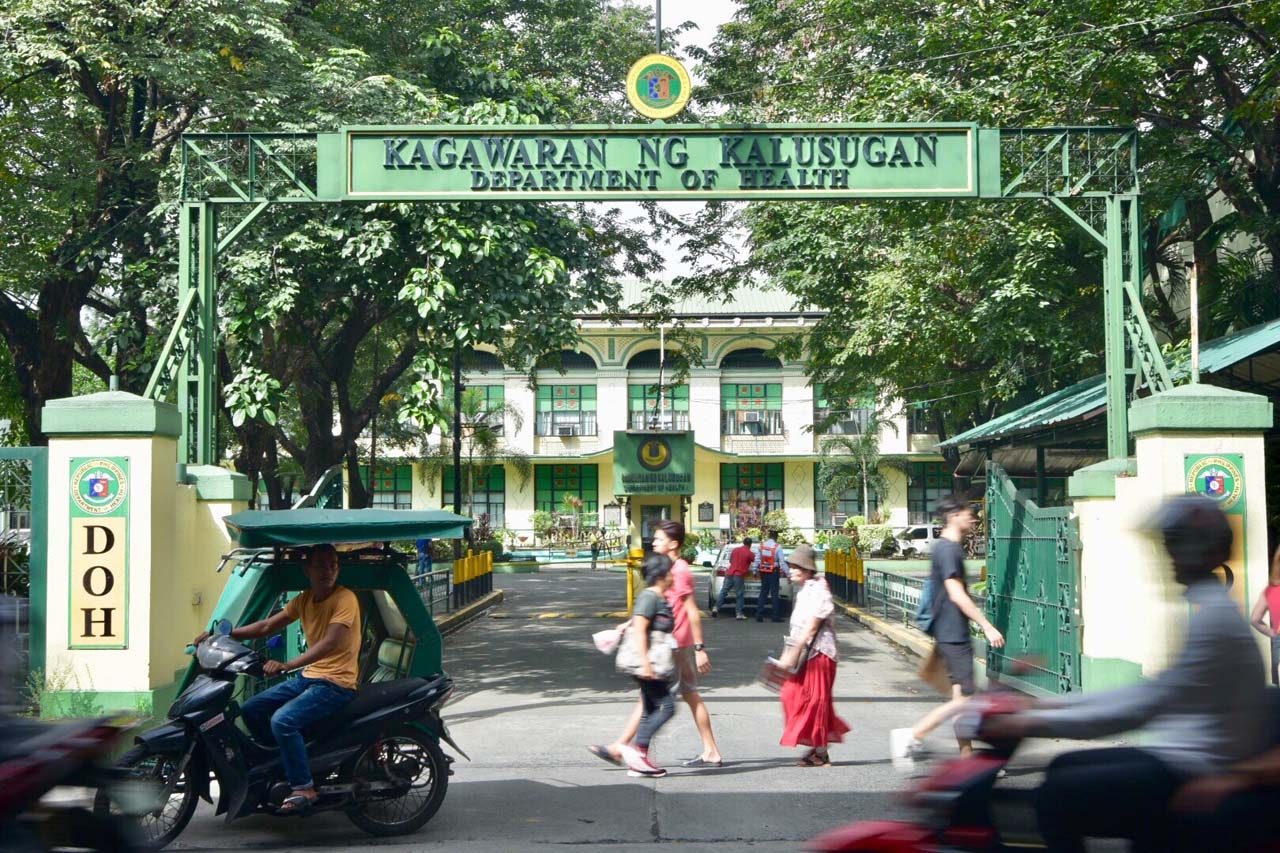
The HTAC will be attached to the DOH for the first 5 years after the law is implemented. After this, it will become an independent body attached to the Department of Science and Technology.
8. Health information will be collected
Both public and private hospitals and health insurers will be required to maintain a health information system that will contain electronic health records, prescription logs, and “human resource information.”
This system will be developed and funded by DOH and PhilHealth. It will also be subject to patient confidentiality rules and data privacy laws. – Rappler.com